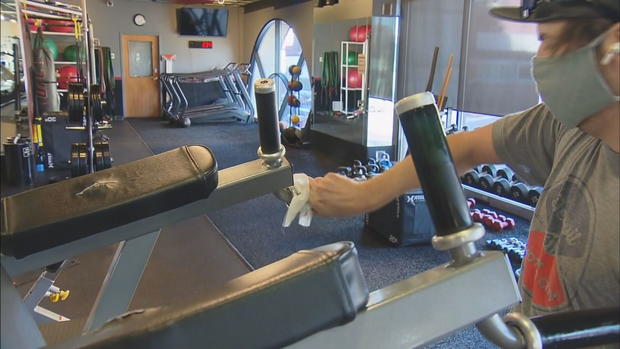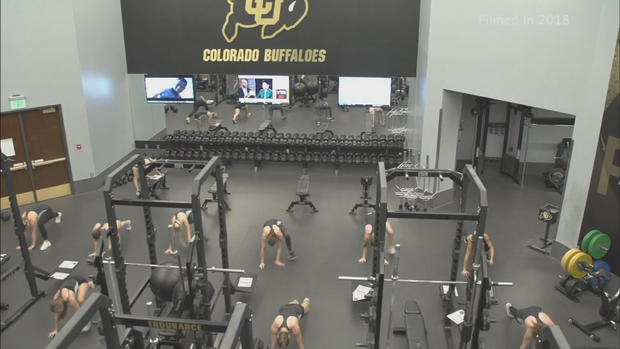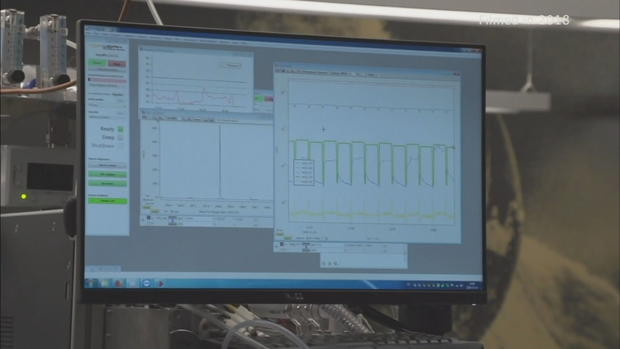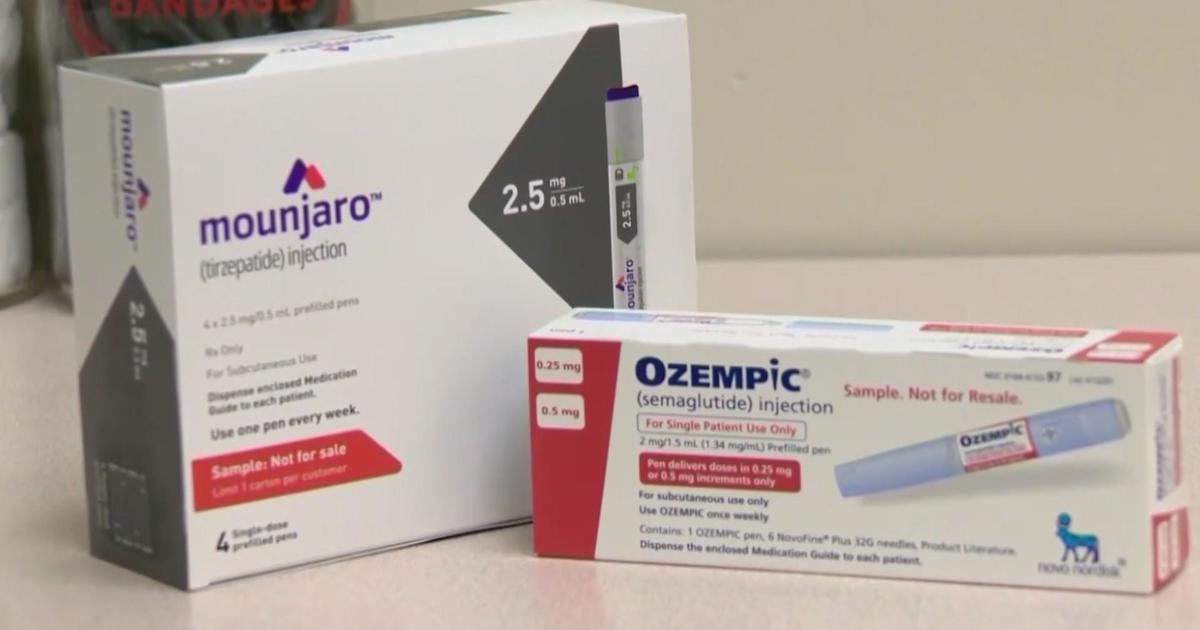CU Study Finds Bleach-Based Cleaning Products And Sweat Create Airborne Chemicals
BOULDER, Colo. (CBS4) - Many New Year's resolutions include shedding off pounds gained after months of staying home. Gyms are operating at limited capacity, despite the continued spread of COVID-19.
According to a new study from the University of Colorado Boulder, one exercising person can emit as many chemicals from their body as up to five sedentary people.
"You can see this gym is really large," said Phillpe Goix, owner of Eon Well in Denver.
Goix could fit dozens of people inside his gym, but COVID-19 safety restrictions have given many visitors the whole place to themselves.
"When you come to our gym, you have to wear a mask. You have to take a temperature check. We clean this building for about six or seven hours a day, every day," said Goix.
Natural cleaners are used to sanitize the gym at Eon Well.
Many facilities use chlorine bleach-based products to kill surface bacteria. The study conducted at CU Boulder found that heavy duty cleaners, like bleach, can create airborne chemicals when combined with human emissions, like amino acids in sweat or acetone from breath.
"This was the first time indoor air analysis in a gym was done with this high level of sophistication. We were able to capture emissions in real time to see exactly how many chemicals the athletes were emitting, and at what rate," said Demetrios Pagonis, postdoctoral researcher at CIRES and co-author on the new work.
The research team outfitted a weight room with a suite of air-sampling equipment. Instruments measured airborne chemicals in real time before, during and after workouts of CU athletes. The team found the athletes' bodies produced 3-5 times the emissions while working out, compared to when they were at rest.
"What we found was the bleach reacted with the amino acid and sweat to give us some compounds in the air that we suspect might have a negative health effect," said Joost de Gouw, professor of chemistry at CU Boulder. The effects of the new airborne chemicals are not yet known.
CU researchers also note that gyms with low occupancy and good ventilation are still relatively safe, especially if you wear a mask.






